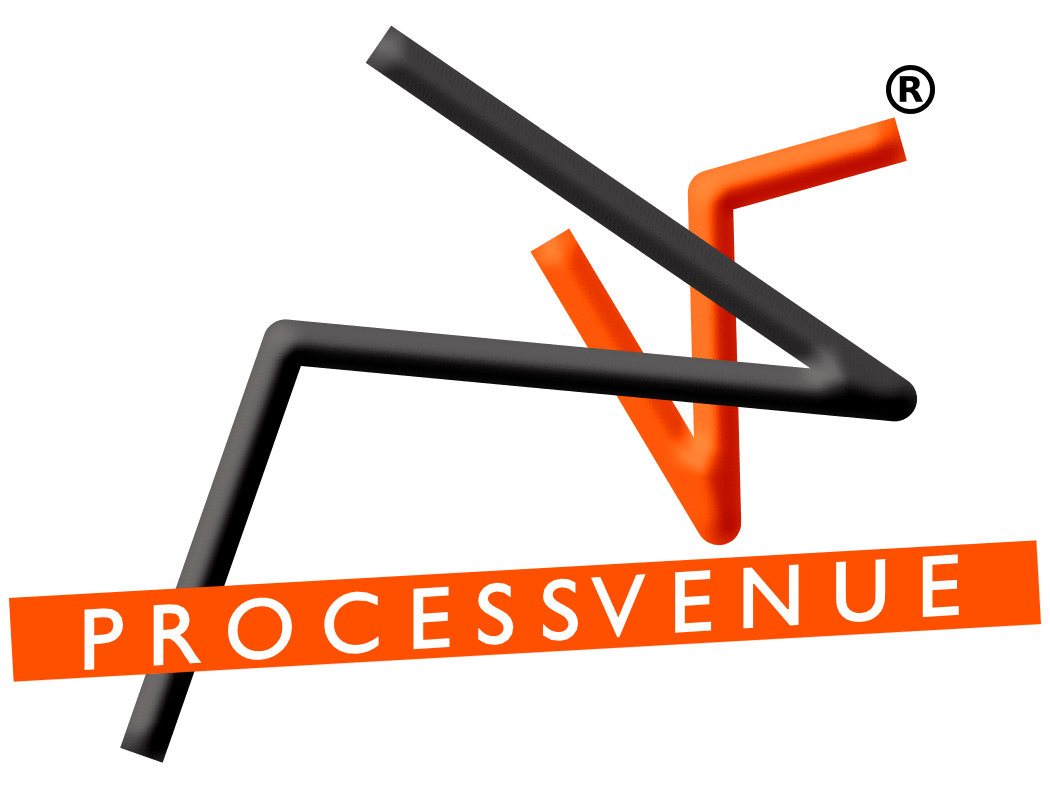
KYC Compliance: Streamline KYC Processes for Businesses
The days when one had to carry hefty documents and fill up endless forms to get a simple transaction done are soon going to be passé. We have already started making confident strides into a paperless world. Our Government has rolled out the e-KYC process where-in customers can easily have their identities authenticated and verification done within no time.
What is KYC?
KYC or Know Your Customer is the process of identifying a customer based on his address, photograph, and proof of birth etc. as per the guidelines laid down by the Securities and Exchange Board of India (SEBI). All financial institutions and financial intermediaries like mutual funds were required to become KYC compliant, a process to help prevent money laundering and other distrustful transactions.
The process of KYC was lengthy and time consuming and required lots of documents to be produced by the customers before a transaction could be completed.
What is e-KYC?
The term e-KYC is simply the electronic counterpart of KYC. It allows the customer to complete the entire KYC process online without having to submit all the paperwork and documents. All a customer needs to do today is give his authorization for such verification and the rest is taken care of. The primary objective of e-KYC is to save precious turnaround time and reduce the paper work.
The Process for e-KYC
KYC is a onetime process and once done a customer may not require to do it over and over again. The steps required for e-KYC compliance are as under:
- Aadhar card holders authorize Banks/ Financial institutions to access their data from the UIDAI(Unique Identification Authority of India) by providing their Aadhar card number
- Organizations seeking to take advantage of e-KYC process will in turn have to seek approval and authorization from UIDAI
Organizations will have to use Biometric scanning devices approved by UIDAI and register them for accessing data from UIDAI’s data repository for customer verification - Organizations can then use the biometric devices to scan fingerprints of the customers which can then directly access the UIDAI’s database for information
- On successful verification from UIDAI, the e-KYC service will display demographic details like Name, year/date of birth, Gender, Address, Phone, email (if available)] and photograph of the customer
- It will also save a digitally signed electronic copy of all the documents for KYC from the UIDAI’s servers for the required transaction in the organization’s database for future use.
- Once all the details are verified through this electronic medium, transaction which usually took days to weeks to complete can be done immediately.
- Under this facility an e-KYC certificate is generated which becomes an all comprehensive identity document. It is embossed by a Quick Response Code to avoid duplicate printing
With the introduction of e-KYC all financial transactions – whether opening a bank account, investing in mutual funds, applying for home or personal loans etc has saved the investor and the borrower from wasting precious time in becoming KYC compliant though the submission of multiple documents.
The fact that today an investor can open a trading and demat account within fifteen minutes of submitting his Aadhar card and can start transacting business is proof of the importance of e-KYC. All it takes a customer is to enter a one- time password sent on his UIDAI-registered mobile on the system and rest is taken care of by the Securities firm.
Which organizations make use of Aadhar e-KYC
While the process of getting every organization and service under the purview of e-KYC is underway in a bid to make life easy for all of us, here is a list of Financial Organizations who have rolled out e-KYC process for initiating new transactions:
- Banks
- Fund Houses
- Trading Account
- Insurance Companies
Please leave your comments below.
